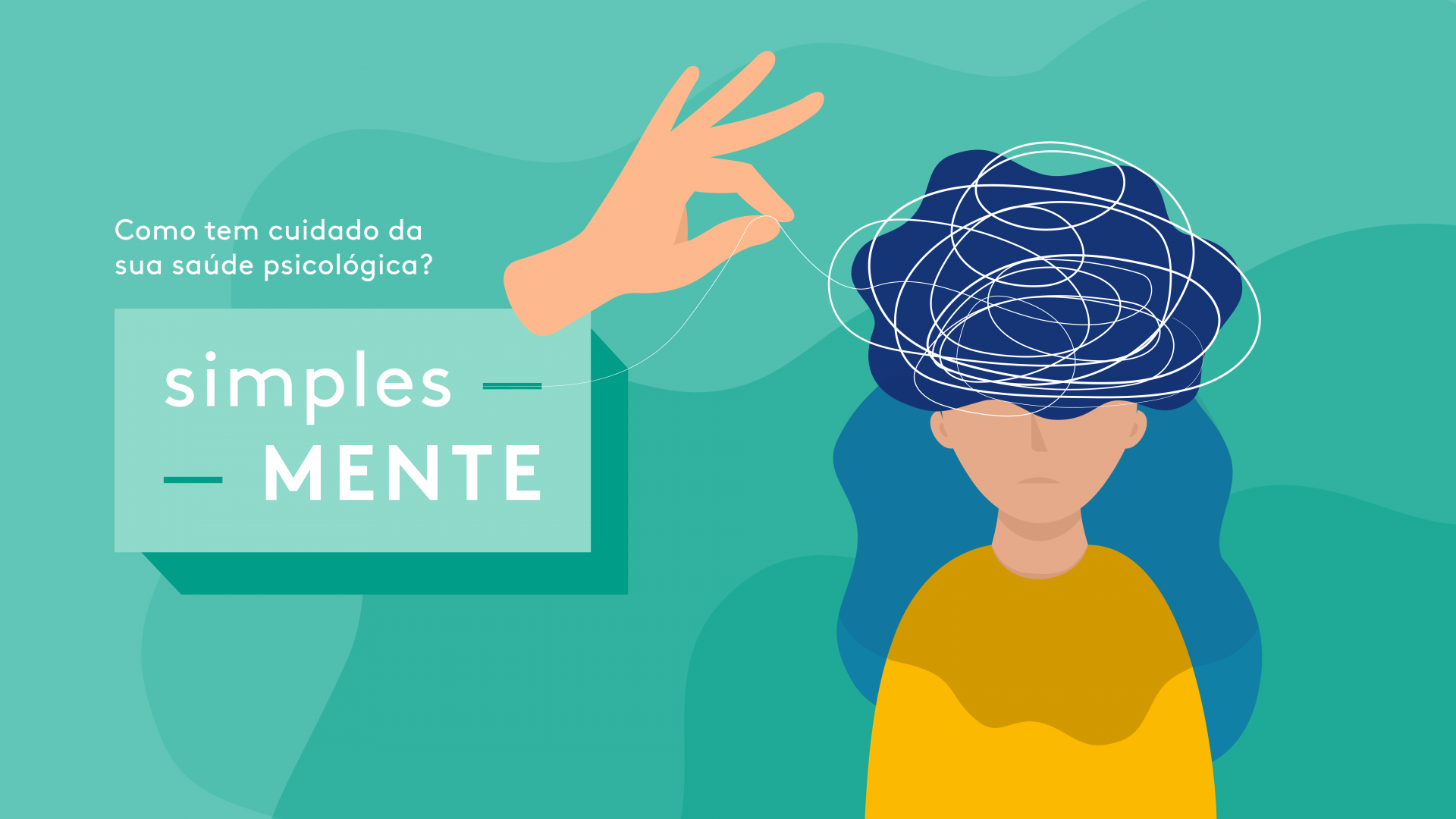
Can you remember what it was like to learn how to drive and/or ride a bicycle? Or learn how to play a musical instrument? Or even how to walk? What helped you to persevere and succeed? With distance from each of these learnings, you certainly identify mistakes as having been inevitable, however, essential to learning.
When we are faced with a mistake, an obstacle, a defeat, we are more likely to feel a good deal of frustration/disillusionment/dismay. Expressions like “I couldn't”, “I don't know”, “I don't understand any of this”, “The others can. I can't” (…) can arise in these moments. But what happens when you dare to add a “YET” to each of these expressions? - “I haven't got it YET!”, “I don't understand any of this YET”?
Perhaps we agree when we say that a “NOT YET” makes room for valuable future learning, development and/or the possibility of improvement.
All of this brings us to another question: With what mindset do you tend to face life and failure? Do you tend to have more of a fixed mindset or a growth mindset?

- I tend to believe that my abilities/skills/attributes are unlikely to change, that is, I have them or not, feeling the need to prove to myself and/or others that I have them.
- I tend to consider mistakes/failure as a sign of my lack of competence.
- I give up easily in the face of obstacles and avoid challenges that could lead me to make mistakes and be seen as incompetent.
- I activate my defences in the face of negative feedback, blaming external factors for the failure (e.g., poorly formulated exam). I feel threatened by the success of others.
- By avoiding confrontation with mistakes, I can be led to not develop my potential and to stagnate in the learning process.
- I tend to believe that abilities/skills/attributes can be developed throughout life, with effort and practice being essential.
- I tend to consider mistakes as an opportunity for personal development and improvement
- I persist in the face of obstacles. I use the expression “I'll still have to work a little more”.
- Faced with a new challenge, instead of thinking “I will reveal my weaknesses”, I tend to say “this is an opportunity to develop myself”, even if this is not easy. I learn from other people's feedback and success.
- I see effort as a path to mastery.
These two ways of looking at life began to be studied by Carol Dweck, professor of psychology at Stanford University, in 2012. According to her, the type of mindset we use is crucial for success, and it is important to work towards promoting a growth mindset.
A growth mindset is assumed to be essential, especially in health professionals. If I don't recognize that mistakes are part of the learning, I may tend to close in on myself, to safeguard my personal worth, not looking for answers/ways of acting that lead to success and thus act in the best interest of the person(s) I am working with.
Therefore, more important than having high academic grades, the way one sees challenges, faces failure/mistakes and openness to learning are the truly essential elements for one’s well-being and resilience. Therefore, they are differentiating elements in a labour world where change and uncertainty are the only constant characteristics.
How can I develop a growth mindset on a daily basis?

Takeaway message
An excellent student and an excellent future professional, whether a doctor, nutritionist or otherwise, will not be one who does not make mistakes - because they are inevitable - but the one who shows openness to learn, who is willing to accept these mistakes, to discuss and reflect on them, and activate problem solving strategies to overcome them. Therein lies the real learning, which will always be necessary throughout life.
So, in the face of obstacles/mistakes/failures, try saying “NOT YET and reflect on what you can learn and what you can do differently next time.
Carla Vale Lucas and Ana Rita Sobral
Student Support Office
References
Chadha, N. (2020, 1 March). Growth mindset and medical education: What is the connection? Harvard Macy Community Blog. https://www.harvardmacy.org/index.php/hmi/growth-mindset-and-medical-education
Davis, T. (2019, 11 April). 15 Ways to Build a Growth Mindset. Psychology Today. https://www.psychologytoday.com/us/blog/click-here-happiness/201904/15-ways-build-growth-mindset
Klein, J, Delany, C, Fischer, MD, Smallwood, D & Trumble, S. (2017). A growth mindset approach to preparing trainees for medical error. BMJ Quality & Safety, 26, 771-774. https://qualitysafety.bmj.com/content/26/9/771
Lyons, A. (2018, 1 August). How doctors can benefit from developing a growth mindset. NewsGP. https://www1.racgp.org.au/newsgp/professional/how-doctors-can-benefit-from-developing-a-growth-m
May be of interest…
- Carol Dweck: The power of believing that you can improve | TED Talk
- Mindset-Check-Up https://thelearnerlab.com/growth-mindset/#


